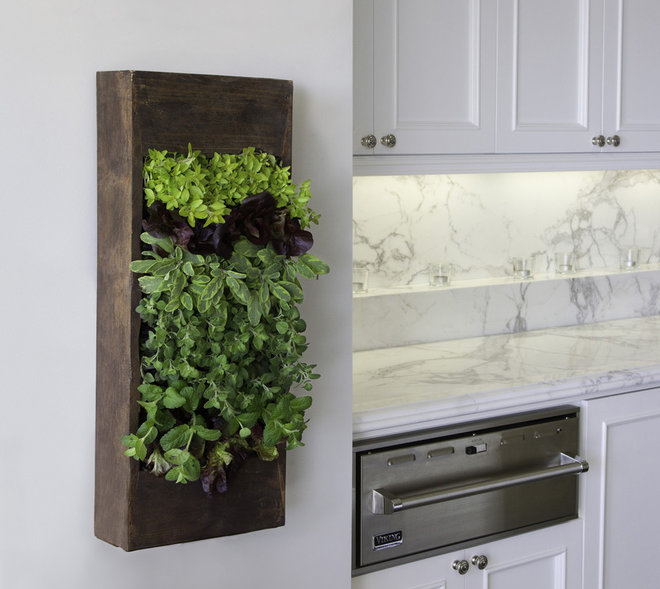9 Ecofriendly Kitchen Designs for a Healthier Lifestyle
Fitness Tips
9 Ecofriendly Kitchen Designs for a Healthier Lifestyle
Green building choices are certainly an important part of an ecofriendly kitchen remodel, but it's just as important that a design facilitates sustainable living after the contractor has completed the project.
A thoughtful kitchen design can affect our health. I discussed this topic with a friend after she realized that her family's tiered baskets of fruits and vegetables hung from the ceiling high above her daughter's head. Conversely, the pantry held chips and crackers within the toddler's reach. A few small design changes positively impacted her daughter's eating habits — healthful food is now easily accessible.
Ecofriendly lifestyles support the farm-to-table movement and a commitment to good health. What is good for the body is often good for the planet. Here are nine kitchen design ideas to highlight and reinforce healthful and sustainable habits.
Boor Bridges Architecture, original photo on Houzz
Include spaces for your kids in your kitchen. Make your kitchen the heart of your home — a place for kids and loved ones to join in the fun of cooking.
Related: Counter Stools to Give Kids a Boost to Join in on Meal Prep
Medical studies tout the virtues of a diet rich in whole grains and legumes. Rescue your beans and rice from the back of the cupboard and openly display them in glass jars; being visible serves as a reminder to eat them.
Whether they're from your garden, the farmer's market or your local grocer, fruits and vegetables should be accessible. If you have children, install low-hanging bins.
Michael Pollan, author of several food industry books, notes you should avoid eating anything with more than five ingredients and any ingredients you can't pronounce. An inviting and easy-to-reach cookbook collection supports homemade meals.
Related: How to Waste Less Food at Home
Bright Green, original photo on Houzz
Keep your favorite herbs nearby and add fresh cuttings to your food to boost flavor.
Medical studies show the health benefits of drinking wine in moderation, such as lowering the risk of heart disease. Consider building a kitchen storage unit for a small wine collection.
The average American generates 4.5 pounds of trash every day — about 1.5 tons of waste per year. The Environmental Protection Agency estimates that roughly 75 percent of that waste is recyclable, but only about 30 percent is actually recycled. The kitchen typically produces the most waste, so boost your recycling contribution by using a sorting center.
A space-saving, under-the-counter compost bin makes it easy to collect kitchen scraps and reduces garbage headed for the landfill.
Ziger/Snead Architects, original photo on Houzz
Create a low-maintenance kitchen with clean lines and few places for dust to collect. Choose surfaces that can be polished with simple and safe cleaners.
Related: Kitchen Cabinets to Keep Cookbooks and Produce Handy







